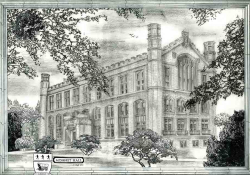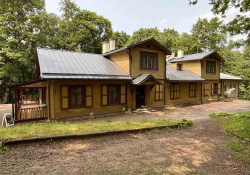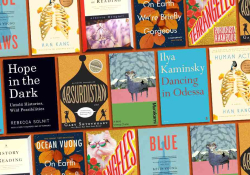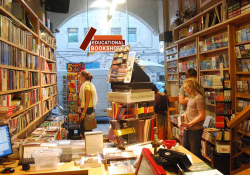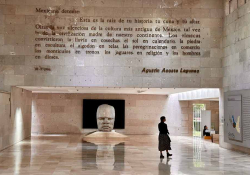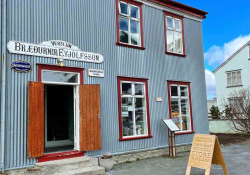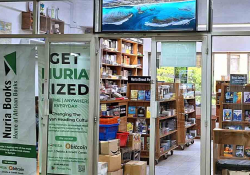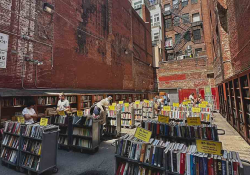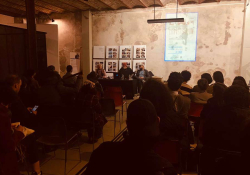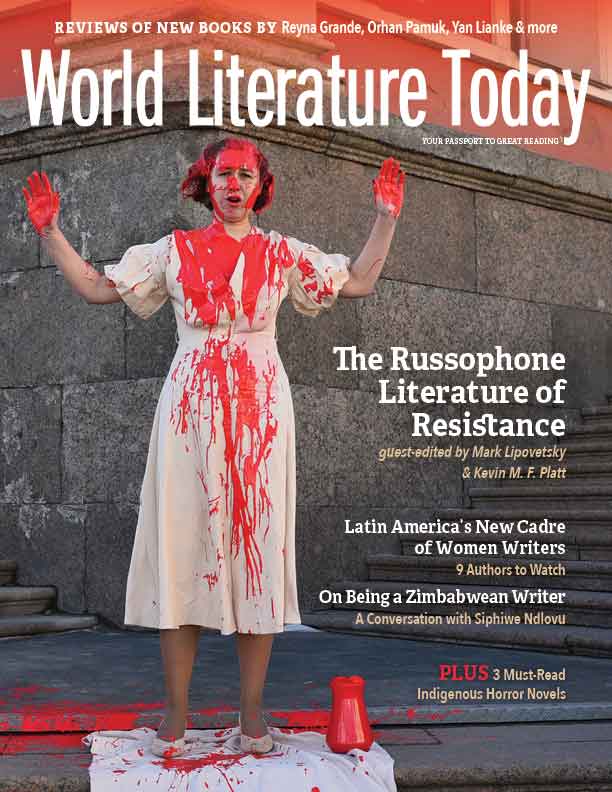Kashmir’s First Bookstore and Publishing House
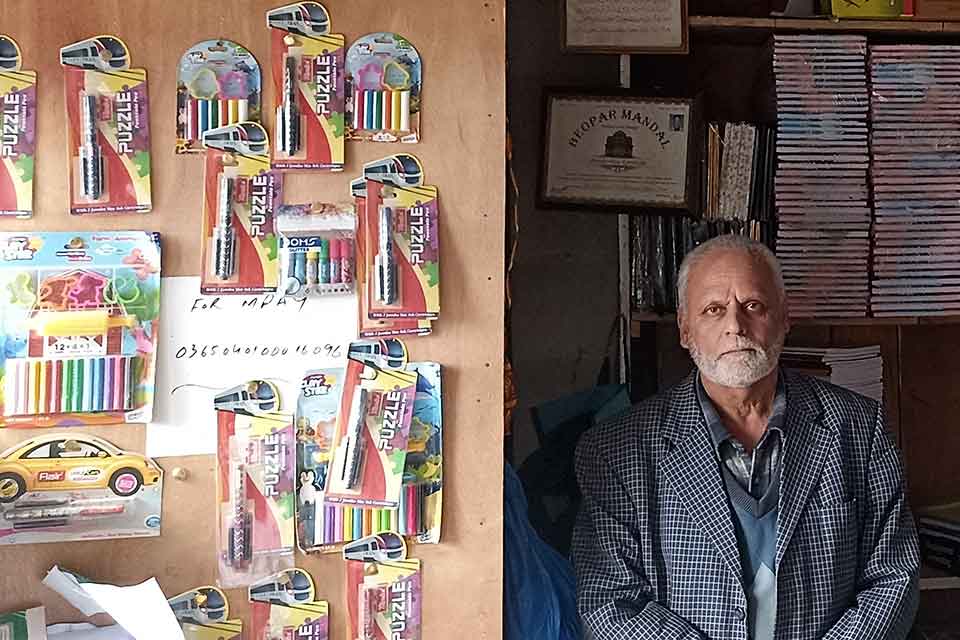
IN A BUSY MARKET lane in the Mahraj Gung area of downtown Srinagar city in Indian-administered Kashmir, there is a small bookstore named Ghulam Mohd Noor Mohd Tajrani Kutub. It looks more like a stationery shop now. The bookshop has a rich history not many people are aware of—established more than one hundred years ago in 1890 by Ghulam Mohd, it is considered the first proper bookstore and publishing house of Kashmir. The bookshop is located in the Maharaj Gung area, which is the oldest-running market in Kashmir dating back to the fourteenth century when Zain-ul-Abidin, the eighth ruler of 222-year-long Kashmir Sultanate, ruled the city from 1420 to 1470 AD and built the first ever bridge on the river Jhelum in Shaher-e-Khaas (downtown) known as Zaeni Kadal.
As an avid reader and lover of books, Ghulam Mohd initially began collecting and publishing books in his native Kashmiri and also in Arabic and Persian. Before the 1947 partition that created India and Pakistan as separate nations, he would also travel to far-off places like Lahore in present-day Pakistan to acquire manuscripts and books for his bookstore.
“At that time there was no radio, print, or electronic media in Kashmir, and the literacy rate was very low. He wanted to contribute to society by publishing and selling books to help create a book-reading culture,” says Noor Mohd’s son, Mohd Iqbal, the present owner, who has been working at the bookstore for the past forty years now. “Ghulam Mohd and Noor Mohd would collect manuscripts of Kashmiri poetry and other literary writings written in Kashmiri by traveling across the valley. They would go from village to village to look for talented and unpublished poets and writers, seek their manuscripts in Kashmiri and Urdu, which they would later get published in book form and keep their books available at the bookshop,” says Iqbal.
Ghulam Mohd ran the bookstore till 1917. After he was too old to carry on at the store, his elder son, Noor Mohd, later took over and kept the bookstore running. “My father was a tenth standard pass out at that time. Completing matriculation was a big thing in those days. He also had a good hold on English, Farsi, and Kashmiri because of the influence of his father,” says Iqbal, adding that Noor Mohd was also a writer, having written several books in Kashmiri—one of his best-known works is Tareeq-e-Kashmir (History of Kashmir), written in 1952.
“He had dedicated his entire life to acquiring and publishing books. He wanted to preserve Kashmir’s history through his collection of books,” says Iqbal.
After the partition of 1947, Noor Mohd got their own press to print books in Kashmiri. The printing press was set up in the central area of Srinagar city in Lal Chowk. It was the first steam printing press in Kashmir, which was brought from Delhi to publish books in the valley.
“At that time no newspaper or any other publisher had their own press in Kashmir,” says Iqbal. “We were the first publishers in Kashmir and subsequently published about 250 books in Kashmiri alone.” They also published a Kashmiri-language translation of the Holy Qur’an and other Islamic literature, some copies of which are still preserved in the bookshop.

From 1970 onward, after the death of Noor Mohd in 1965, they had to sell the printing press. As book publishing declined, the bookstore kept fewer books, turning into more of a stationery shop in the late 1980s and ’90s onward, to keep the bookshop financially viable.
“Till that time and even in the 1980s, the bookstore was a hub of literary and cultural activities,” says Iqbal. “All famous Kashmiri poets and writers would frequent the bookshop where their books were sold and also meet and discuss ideas with one another.”
Iqbal likes the fact they are known by their surname, Kitab—book. “I am proud we are still recognized that way and that our identity is defined by books,” he says. “In fact, our caste has changed to Kitab over the years,” he adds with a smile, “and we don't mind it.”

